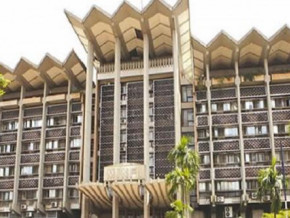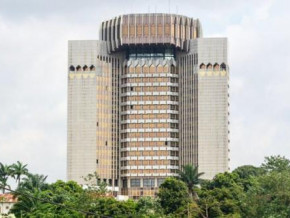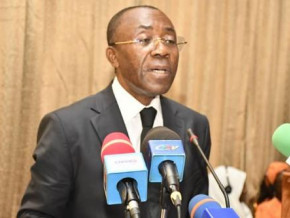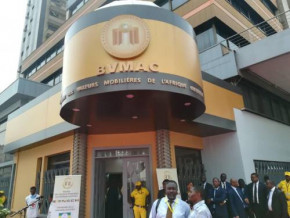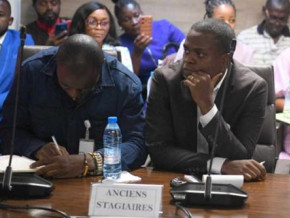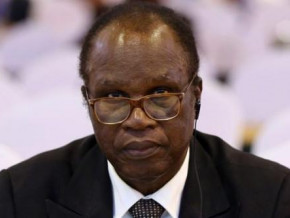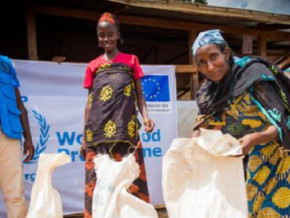
CCSI says Cameroon has not optimised its tax revenue from Mbalam iron project
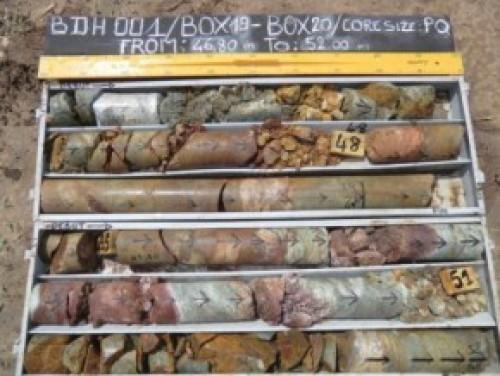
A study conducted by the Columbia Center on Sustainable Investment (CCSI) suggests that, based on the mining convention signed between the State of Cameroon and Cam Iron, a subsidiary of the fledgling Australian company, Sundance Resources, which is developing the Mbalam iron project in East Cameroon, the country’s revenue has not been optimal due to the various tax deduction models adopted.
According to CCSI’s independent expert, Nicolas Meanling, who worked on the report at the request of the Cameroonian coalition “Publish What you Pay” or “Publiez Ce que Vous Payez”, several aspects of this agreement, in terms of tax revenue, need to be improved so that the Cameroonian government can collect more revenue without being burdensome for the project.
“The current model suggests a high rate of return from the project and public revenue within the range of the global average. One could act so that the project benefits from being the first large scale mining investment in the country, with the possibility of authorising other mining projects in the region using strong provisions in the convention with regards to the sharing of infrastructure,” explained M. Meanling.
He raises three points, however, that deserve consideration to improve tax policy for mining in Cameroon. Firstly, the study demonstrates that Cameroon has a regressive fiscal regime in which public revenue gradually declines as the project’s earnings increase. Secondly, his analysis finds that the decision to exempt companies for the first five years and limiting royalty payments to the value of product mined will lead to significant losses in terms of public tax revenue. The study highlights that, in light of internal returns being estimated to be high (26%), these incentives will only have a small impact on the quality of the investment.
Benefits of royalties on income tax deductions
Lastly, the study indicates that limiting royalties to the value excavated and reporting on losses are subject to erroneous calculations. The study also suggests that the Cameroonian government ensures that tax authorities have the appropriate administrative capacity to supervise these operations and strive to increase revenue by introducing a tax on mining profits.
This suggestion incited lively reactions among Cameroonian members of parliament in attendance at the presentation of the study’s findings on October 13 in Yaoundé. Some seemed confused as Cameroon recently passed legislation on private investment incentives which include corporate tax incentives. They felt that it would be difficult to undo these legal provisions to accommodate mining agreements in particular.
In total, from the Mbalam iron project, tax revenue for Cameroon should amount to 4.97 billion USD (around 2.5 trillion FCFA), of which 67% would be generated by corporate income tax deductions and 20% from royalties – a risky situation in light of developments apparent in several African countries. In Zambia, for example, the government plans to reduce corporate tax which is difficult to collect and increase, instead, the imposition on royalties, as this is more manageable, according to experts.
Other countries such as South Africa opted to strengthen the government’s stake in the mines to benefit more from the investment. In Kenya, the decision was made to restore the capital gains tax, enabling the government to claim 20% of the sale of assets by a prospecting company to a mining company.
These are the options the Cameroonian government could explore to improve future mining contracts as a part of the planned revision of the mining code. The new bill for this purpose could be tabled in parliament by the November 2014 session.
Idriss Linge
Mags frontpage
- Most read 7 days
- shared 1 month
- read 1 month




